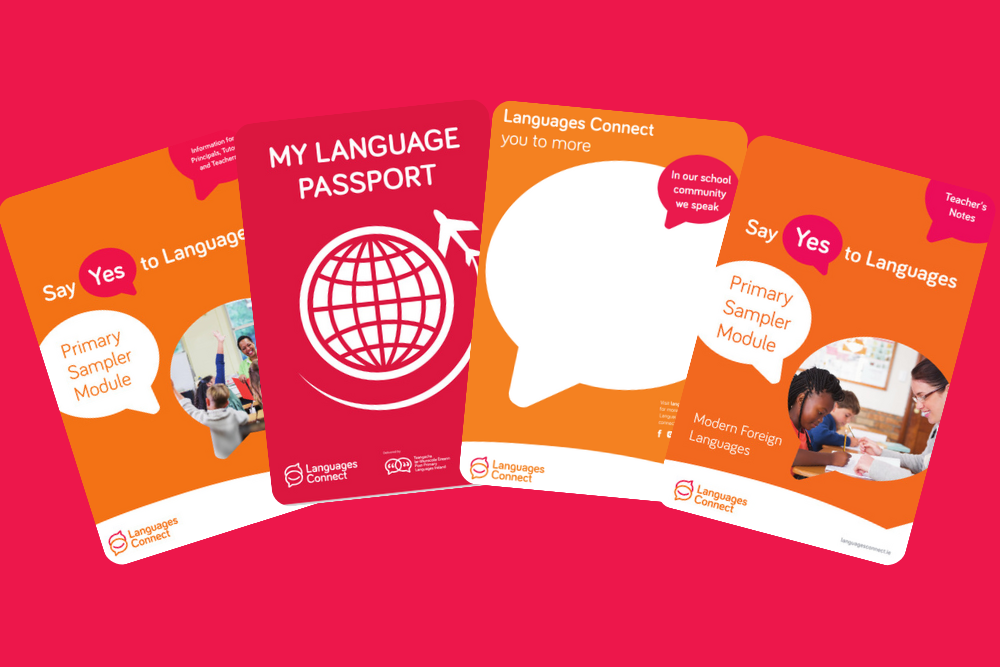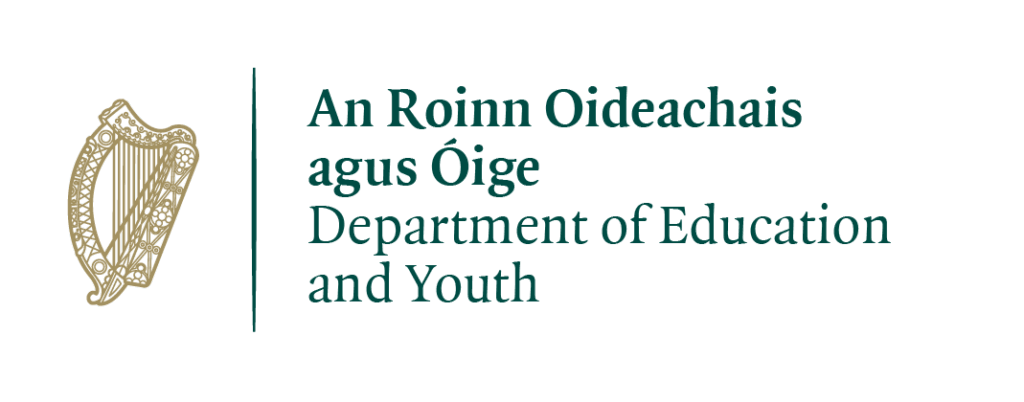Say Yes to Languages kicks off
for Second Year
Say Yes to Languages Kicks off for Second Year
Term One of Primary Module Set to Begin
The first term of primary module ‘Say Yes to Languages’ is set to kick off next week with over 50,000 pupils expected to take part throughout the year.
The module, which is being made available for the second year following its extension by the Department of Education, was met with overwhelming enthusiasm last year.
This interest looks set to continue with 700 primary schools having registered to take part in 2022/2023, 230 of which will be starting on September 26th in Term 1 of the programme.

‘Say Yes To Languages’ offers an introduction into a variety of modern foreign languages and Irish Sign Language (ISL), while also looking to raise awareness among pupils of the diversity of languages being used by their peers in their schools and community.
Over 500 schools took part in the module last year, which saw French, Spanish, ISL, German, Italian, Mandarin Chinese, Romanian, Arabic, Lithuanian, Polish, Tamil and Portuguese being taught across the country
Welcome packs, which have been developed by Languages Connect, are set to arrive at first term schools shortly and are full of resources which will assist each school with the roll out of the module. Packs include fun items like Language Passports, posters, stickers and fun language fold-outs to help engage the pupils.
A suite of resources for teachers and tutors have also been developed including lesson plans, vocabulary-building activities and helpful links to websites. All these resources and the welcome pack guide can be downloaded here.

Keep an eye out for your schools resource pack to ensure you have all you need for a great ‘Say Yes to Languages’ experience. For more information about the Primary Sampler Module click here

